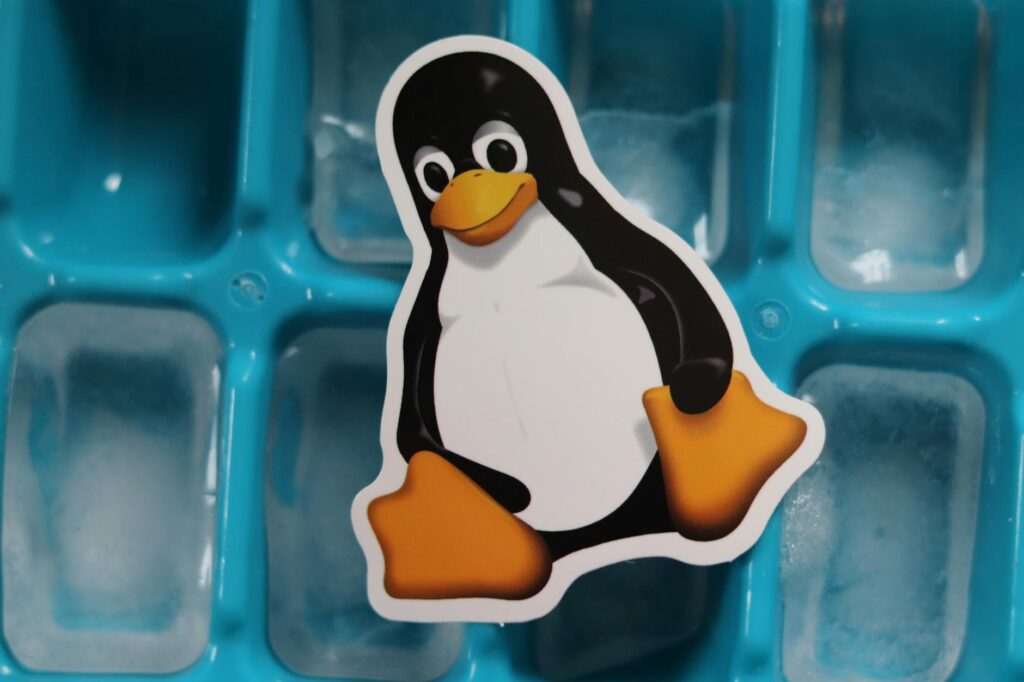
Linux is a preferred platform for app development due to its open-source nature, flexibility, and robust development environment. Here are the top 20 benefits of using Linux for app development:
- Open Source and Free:
- Linux is open source, meaning developers can access and modify the source code freely.
- No licensing costs, making it a cost-effective choice for individual developers and businesses.
- Developer-Friendly Environment:
- Comprehensive development tools and libraries are readily available in Linux distributions.
- Package managers simplify the installation and management of development tools.
- Wide Range of Programming Languages:
- Linux supports a vast array of programming languages, including C, C++, Java, Python, Ruby, and more.
- Developers have the flexibility to choose the language that best suits their project.
- Stability and Reliability:
- Linux is known for its stability and reliability, providing a solid foundation for app development.
- It is less prone to crashes and offers a consistent environment for development.
- Security Features:
- Linux has robust security features, reducing the risk of malware and unauthorized access.
- Users have granular control over permissions and access rights.
- Command-Line Tools:
- Powerful command-line tools allow developers to perform tasks efficiently.
- Automation through scripting enhances productivity and streamlines development workflows.
- Compatibility with Open Source Technologies:
- Linux seamlessly integrates with open-source technologies, fostering compatibility and interoperability.
- Developers can leverage a wide range of open-source tools and frameworks.
- Containerization Support:
- Linux is at the forefront of containerization technologies, with Docker and Kubernetes widely used for app deployment.
- Containers provide a consistent environment across different stages of development and deployment.
- High Performance:
- Linux is optimized for performance, providing efficient resource utilization.
- It is well-suited for resource-intensive tasks, making it ideal for high-performance applications.
- Community Support:
- A large and active Linux community offers support, forums, and resources.
- Developers can benefit from community-driven solutions and troubleshooting assistance.
- Development for Multiple Platforms:
- Linux allows developers to create applications that run seamlessly on multiple platforms.
- Cross-platform development is facilitated by the availability of development tools and libraries.
- Security and Privacy Focus:
- Linux’s emphasis on user privacy aligns with ethical development practices.
- Development in a secure environment reduces the risk of data breaches and vulnerabilities.
- Remote Development Capabilities:
- Linux supports remote development through secure shell (SSH) and other remote access tools.
- Developers can work on projects hosted on remote servers, facilitating collaboration.
- LibreOffice and Development Tools:
- Linux distributions often come with office suites like LibreOffice, providing tools for documentation and presentations.
- Integrated development environments (IDEs) like Eclipse and Visual Studio Code enhance the development experience.
- Server Deployment:
- Linux is widely used for server deployment, enabling developers to create applications specifically optimized for server environments.
- Popular server technologies like Apache and Nginx are well-supported on Linux.
- Rapid Development Cycle:
- The open-source nature of Linux allows developers to quickly access and incorporate the latest tools and updates.
- Rapid development cycles are facilitated by quick access to community-driven resources.
- Continuous Integration and Continuous Deployment (CI/CD):
- Linux supports CI/CD pipelines for automated testing and deployment.
- CI/CD tools like Jenkins and GitLab CI seamlessly integrate with Linux-based development environments.
- Internet of Things (IoT) Development:
- Linux is a preferred choice for developing applications for IoT devices.
- It supports a variety of embedded systems, ensuring compatibility with IoT development frameworks.
- Extensive Documentation:
- Linux benefits from extensive documentation and online resources.
- Developers can access detailed guides, manuals, and tutorials for various aspects of app development.
- Scalability and Flexibility:
- Linux provides scalability, allowing applications to scale horizontally and vertically.
- It offers flexibility to accommodate different development scenarios and project requirements.
In conclusion, Linux offers a robust and versatile environment for app development, with its open-source nature, developer-friendly tools, and strong community support. Whether developing for servers, embedded systems, or diverse platforms, Linux provides a solid foundation for creating high-performance and secure applications.